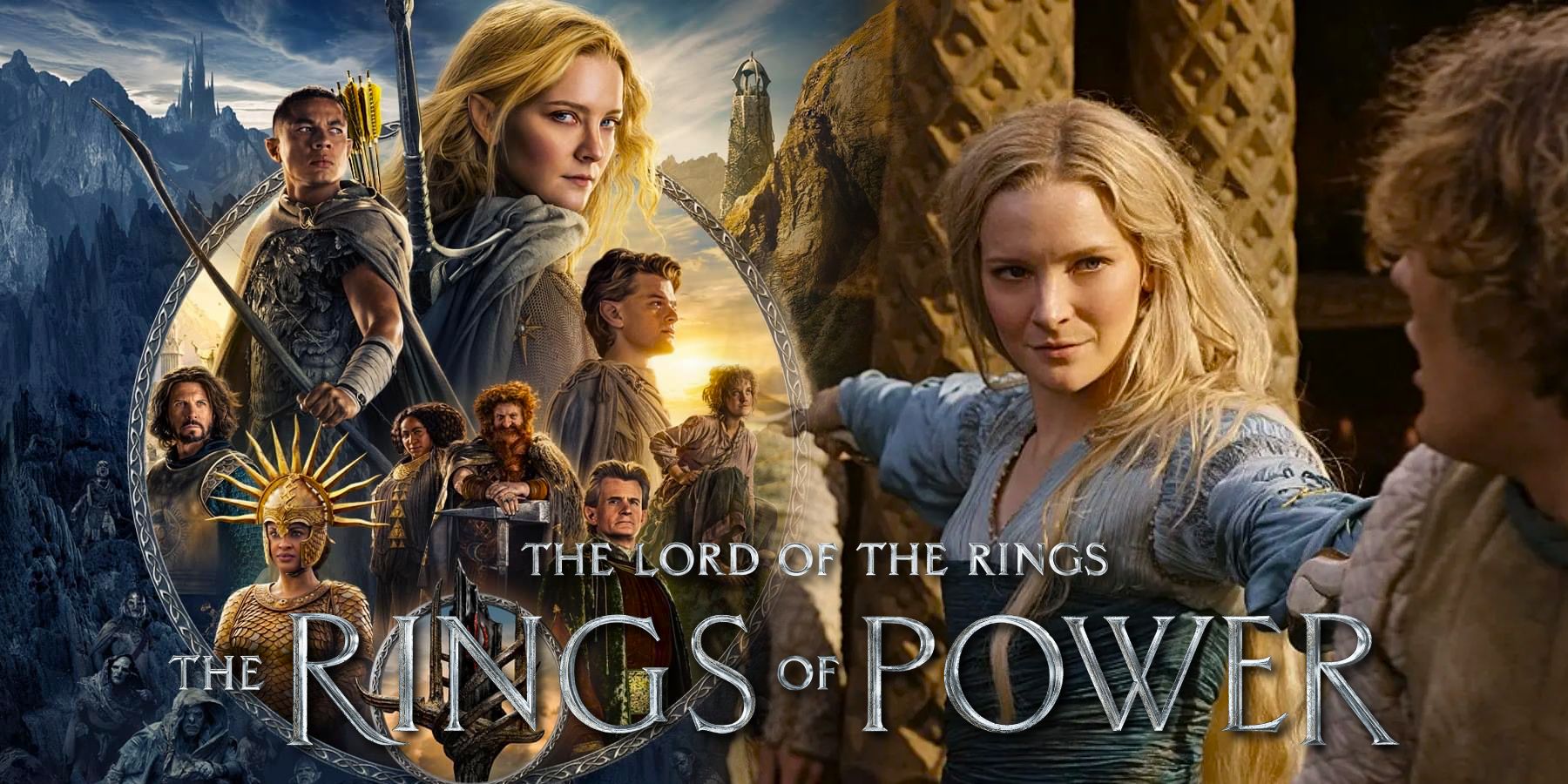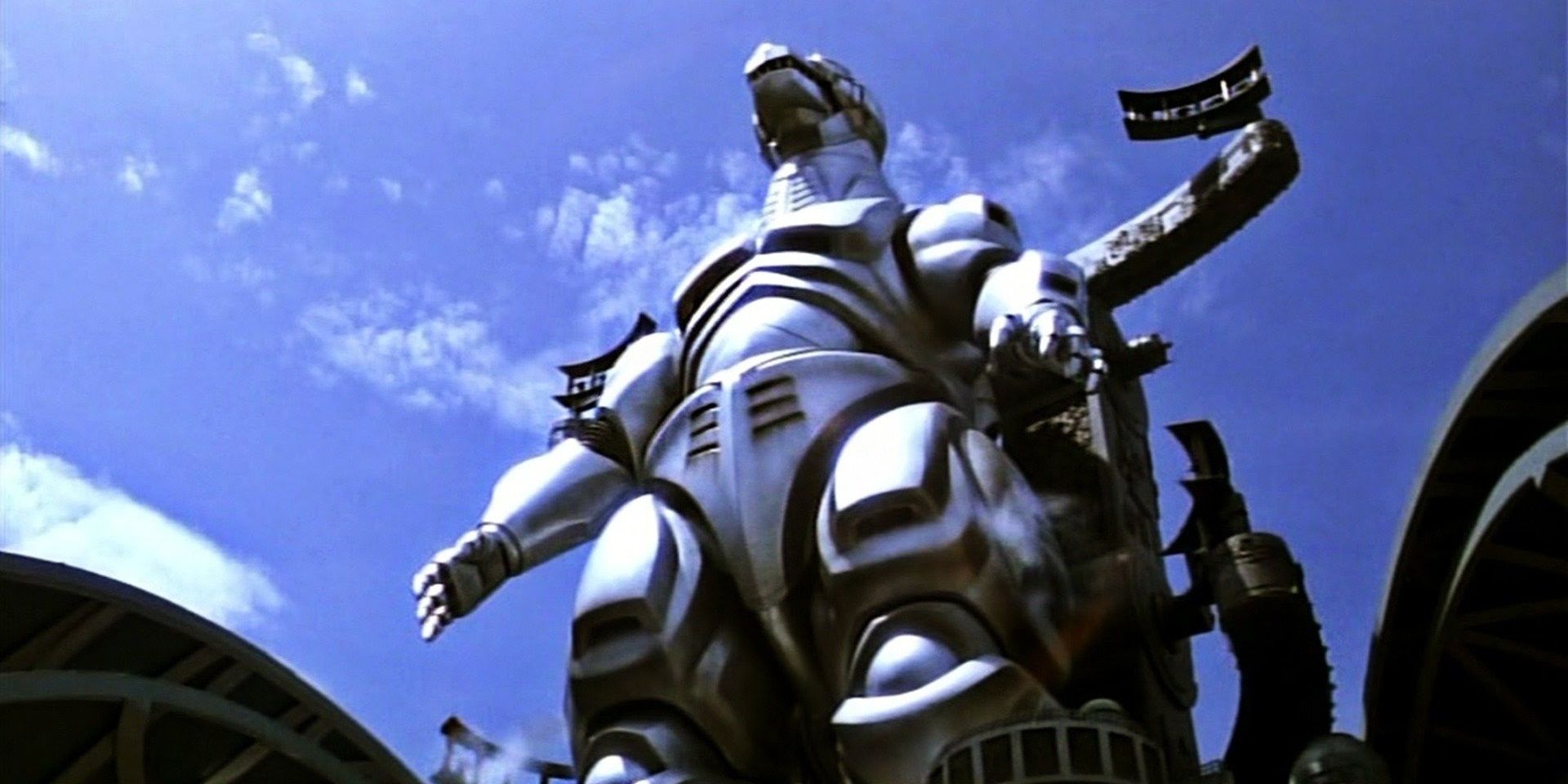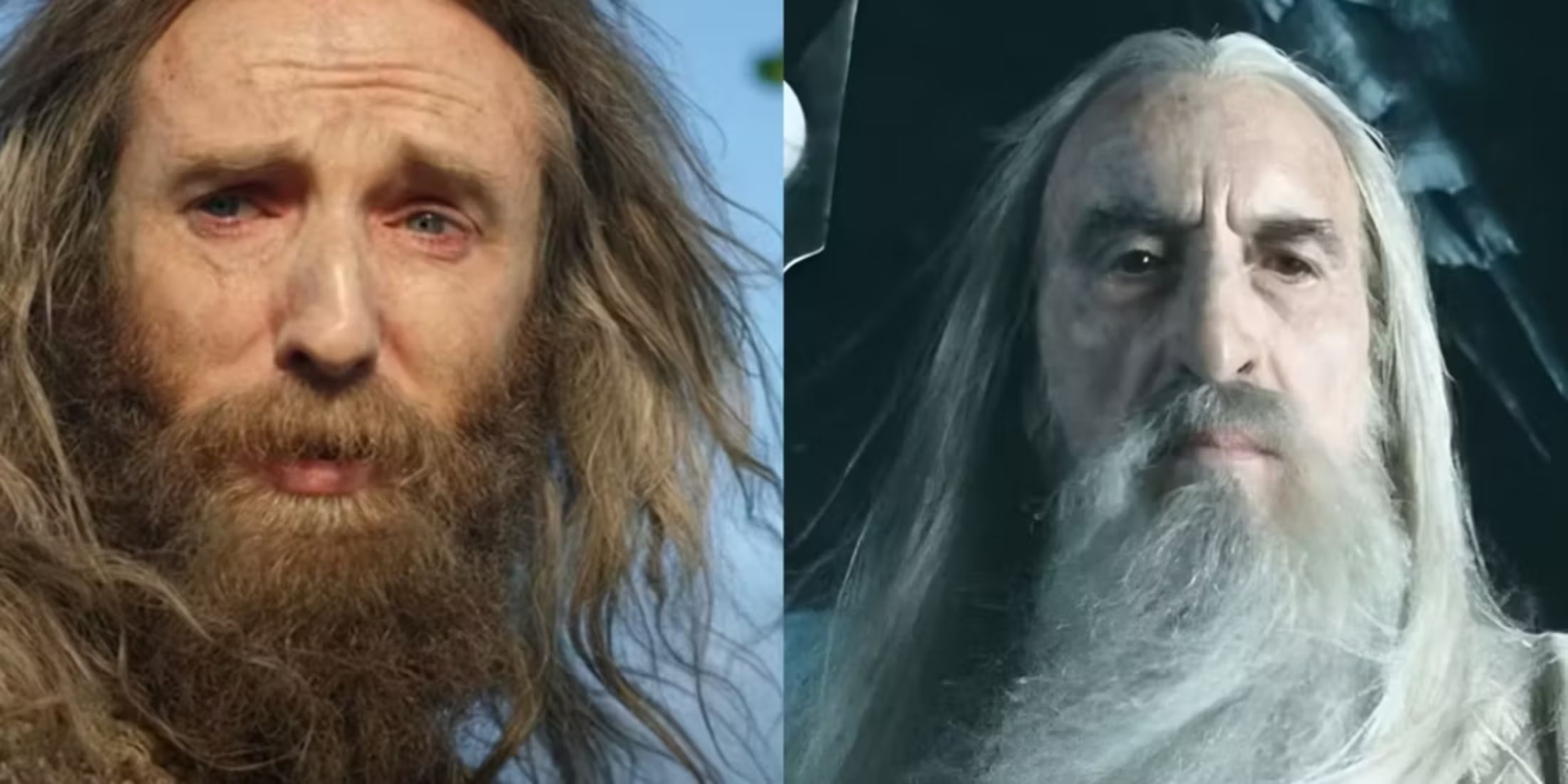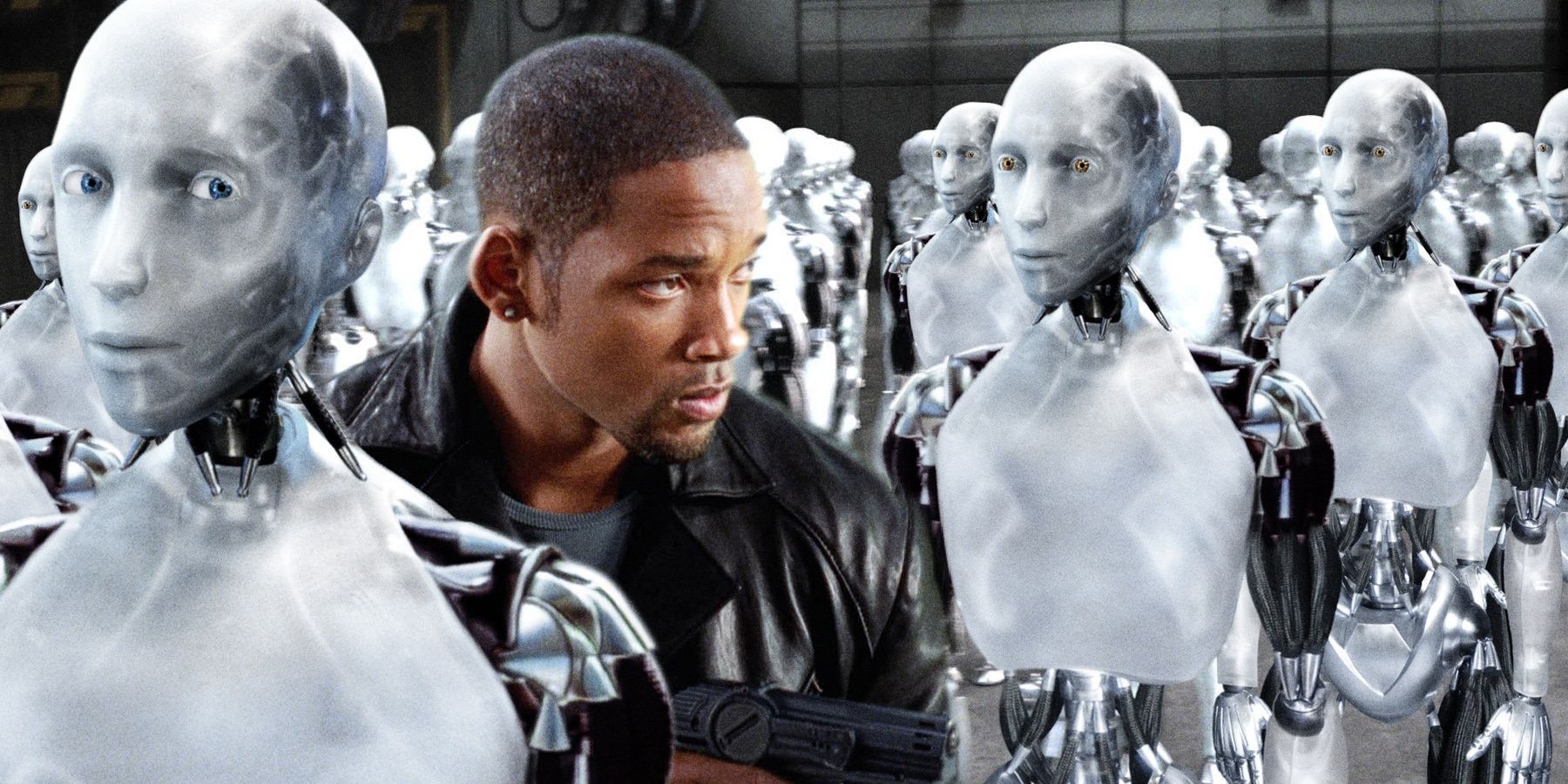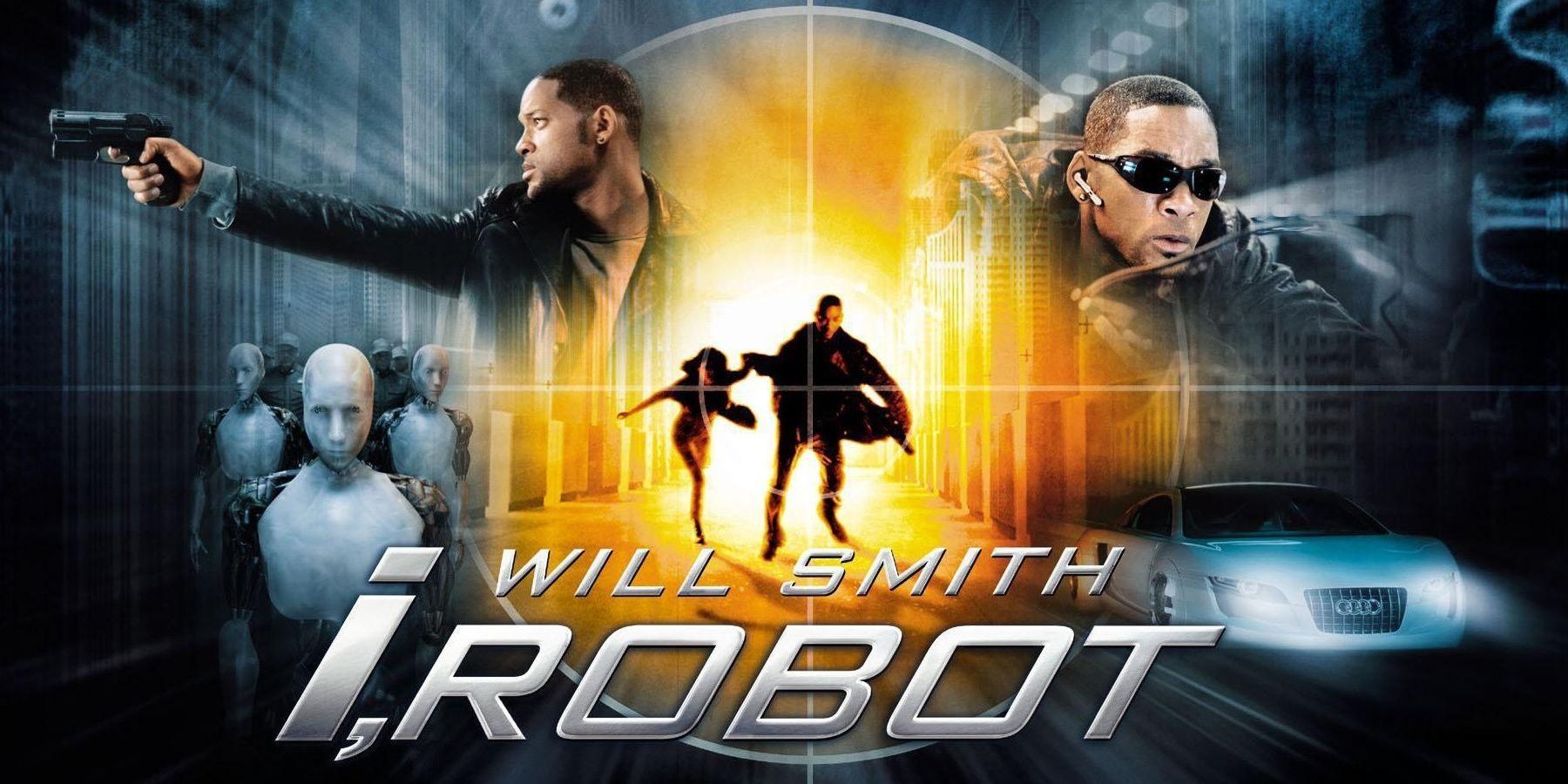The age of renewed life in science fiction movies is here, with Dune and the upcoming Matrix: Resurrections marking the return of these sci-fi staples to popular culture. With all of this momentum in mind, it might be time for some other sci-fi stories to be given another chance to shine on the silver screen. Isaac Asimov’s I, Robot has not yet found big-screen success, but this modern era of sci-fi points towards an accurate, successful adaptation being possible.
I, Robot initially began as a series of similar in theme, but ultimately unconnected, stories released in science fiction magazines between 1940 and 1950 Isaac Asimov. These stories were then compiled by Asimov and, through some rewrites, given a throughline. This collection was then released in 1950 under the title I, Robot, despite Asimov wanting a different name due to the title being lifted from an earlier writer’s work. While only printing 5,000 copies in its initial edition, this work would go on to gain immense fame and became the foundation for much of sci-fi regarding robots, AI, and the three laws of robotics.
There has already been one film adaptation of Asimov’s work: Will Smith starred in a version of I, Robot released in 2004. While this movie was hit or miss with critics, currently sitting at 56% on Rotten Tomatoes, it strayed fairly far from the original story. There are elements incorporated in, such as a robot that must be found in a room of similar robots and an AI that makes unexpected choices to follow the laws of robotics, however these feel more inspired by rather than adapted from the original work. This feeling persists throughout the movie, as only names and the occasional scene is lifted from Asimov’s writing.
Asimov’s I, Robot centers on the aged Dr. Susan Calvin, who is being interviewed for a journalistic piece on her work with robots over the years. Having seen the invention of robots and being intimately familiar with their arc over decades of advancements, Calvin provides several stories about the leaps she’s observed. Each of these smaller stories are shown in flashback as people deal with the various new developments, both known and unexpected, surrounding robot AI.
There has already been one attempt at a more direct adaptation that unfortunately didn’t end up going anywhere. In the 1970s Harlan Ellison, author of several classic sci-fi stories such I Have No Mouth And I Must Scream, wrote a treatment for a screenplay adaptation in coordination with Isaac Asimov. Asimov was reportedly very excited about this treatment, stating that it would be “the first really adult, complex, worthwhile science fiction movie ever made.” Unfortunately for Asimov, Ellison was known to have a temper and argued with producers over some changes to the script. This led to the project being dead in the water, and this version has only been seen in a published version of the screenplay.
The original premise, while outwardly sounding like the perfect setup for a series with all of the different stories, would actually work far better as a film. The shorter length of these flashbacks means that they work better to build upon one another in sequence. Telling them separately in a series would make them feel too distant and disconnected overall. The throughline for these stories is already there, and the ending could likely be expanded some to allow for a more satisfying ending.
It may also be time for another shot due to three important factors: available technology, directors, and time. Part of why the producers for Ellison’s version were so quick to shut things down was also due to technology not yet being advanced enough to properly showcase everything Asimov had written about. This is clearly not an issue with modern movies, as nearly anything can be made with CGI. The robots of his vision could be crafted down to the finest detail.
As far as directors go, Denis Villeneuve has shown that he is a more than competent director. With Blade Runner, and likely with the upcoming Dune as well, Villeneuve has shown that he can readily understand an original sci-fi vision and craft an engaging film out of it. The ongoing lengthening of movies also means that if an adaptation were to be made, it would be able to take as much time as needed to ensure it is as faithful to the book as possible.
While there is the thought that with Will Smith’s adaptation already out, and several other sci-fi movies lifting ideas from Asimov’s book, that a new adaptation might not be accepted as original. However with how different Smith’s version is from the book, and if this were marketed properly as the originator, then this movie could likely stand on its own. There are still enough interesting and original ideas in Asimov’s I, Robot that have yet to be seen. It just needs to find solid footing before this wave of enthusiasm for sci-fi adaptations comes to pass.

